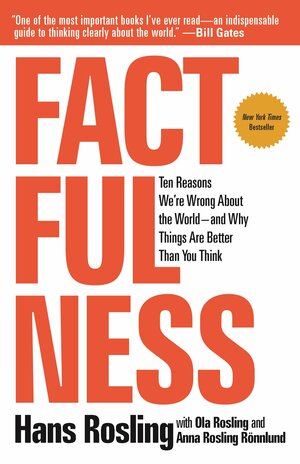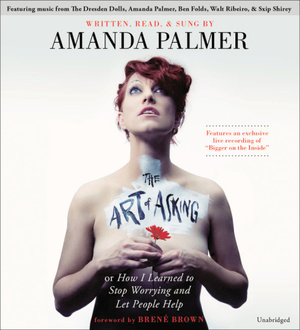Murder at the Elms by Alyssa Maxwell (2023) 309 pages
Emma, a reporter for The Newport Messenger, and her new husband Derrick, who is the owner of that same newspaper, are back from their honeymoon. The year is 1901 and Emma raises eyebrows by continuing to use her maiden name as her byline. She's quite an independent woman for the times.
The Elms is a newer mansion that has been built to use electricity, as well as coal. It's also the home of owners who pay their help well, but give them no time off. Most of the help is fired when they decide to go on strike for more time off. One woman on the housestaff who is not part of the group who strikes, is murdered during a large gathering for a musical event. When it becomes known that a valuable item is missing and that the murdered woman may have stolen it, the crime is not as clear: Is it a union vs anti-union thing, or a conspiracy of some other sort? Emma and Derrick want the story for their publication, but they also want to help the police solve the crime, as well. Being acquaintances with the rich owners helps them have access to more info.
Not having read any of the other books in Maxwell's Gilded Newport series was not an impediment to following the storyline, although I would be interested in learning more of the background of the main characters.

















































